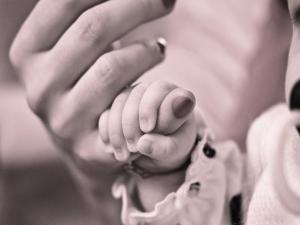
By Michael McHugh, David Young and Rebecca Black, PA
Victims of rape and incest were put in homes for unmarried mothers and their children in Northern Ireland and victimised again, the First Minister said.
More than 10,500 women entered mother and baby homes over a 68-year period from 1922.
The youngest was aged 12.
A “victim-centred” independent investigation was ordered by Stormont ministers and Arlene Foster pledged the voices of survivors would be heard “loudly and clearly”.
She added: “Children were raped or victims of incest then they were victimised again by being put into these homes.
“It was not their fault that they were raped or the victims of incest yet they were the ones who suffered and it appears to me that those who perpetrated the crime went scot-free.”
Around a third of those admitted were aged under 19 and most were from 20-29.
A research report into operation of the institutions examined eight mother and baby homes, a number of former workhouses and four Magdalene laundries, the leader of Northern Ireland’s devolved administration said.
“First and foremost, we want to offer our personal thanks to those women and their now adult children who came forward to contribute to the research. Your voices were silenced for so many years. That was a significant wrong.” pic.twitter.com/sRj0fYmpOB
— Arlene Foster #WeWillMeetAgain (@DUPleader) January 26, 2021
Mrs Foster said: “It is with huge regret that we acknowledge the pain of those experiences and the hurt caused to women and girls who did nothing more than be pregnant outside of marriage, some of them criminally against their will.
“None of us should be proud of how our society shunned women in these circumstance and of their experiences while resident in these institutions.”
The First Minister said Tuesday marked the start of a process to allow the long-silenced voices of women and their children to be heard.
“For too long they have carried a burden of shame and secrecy.
“Too often their treatment from those who were in positions of power and trust caused them real harm and a lifetime of trauma.”
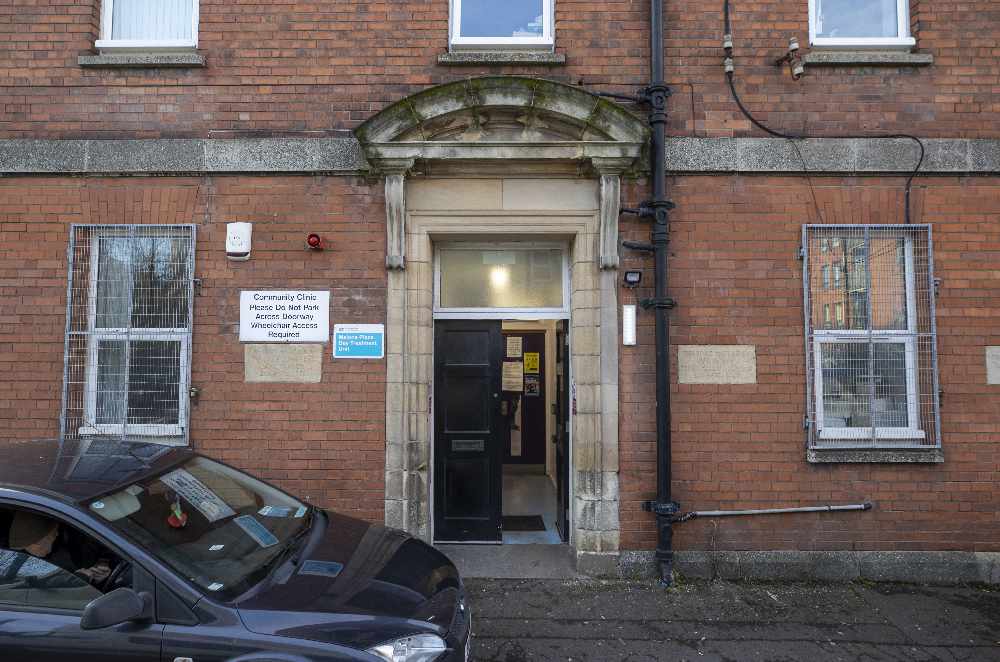
(Pictured: Malone Place Day Treatment Unit, formally known as the Belfast Midnight Mission/Malone Place Rescue and Maternity Home, Belfast which closed in 1934. A report into the operation of institutions for women and babies in Northern Ireland is to be published later.)
Around 4% of babies were either stillborn or died shortly after birth across the entire period.
The research report does not reach firm conclusions about rates of infant mortality in mother and baby homes, the DUP leader added.
An estimated 32% of infants were sent to baby homes following separation from their birth mother.
Other babies were boarded out, fostered in today’s terms.
Others (around a quarter of babies) were placed for adoption.
Research was undertaken by a team of academics from Queen’s University Belfast and Ulster University.
It gives an account of individual and collective experiences of the institutions and highlights the need for further examination of a number of important issues, including adoption and infant mortality rates.
Ministers have agreed that the independent investigation should be shaped by survivors through a co-design process, which will be facilitated by experts and completed within six months.
There are concerns giving evidence to a public inquiry could re-traumatise victims.
Mrs Foster told the Stormont Assembly: “It was shameful how so many of these women were treated.
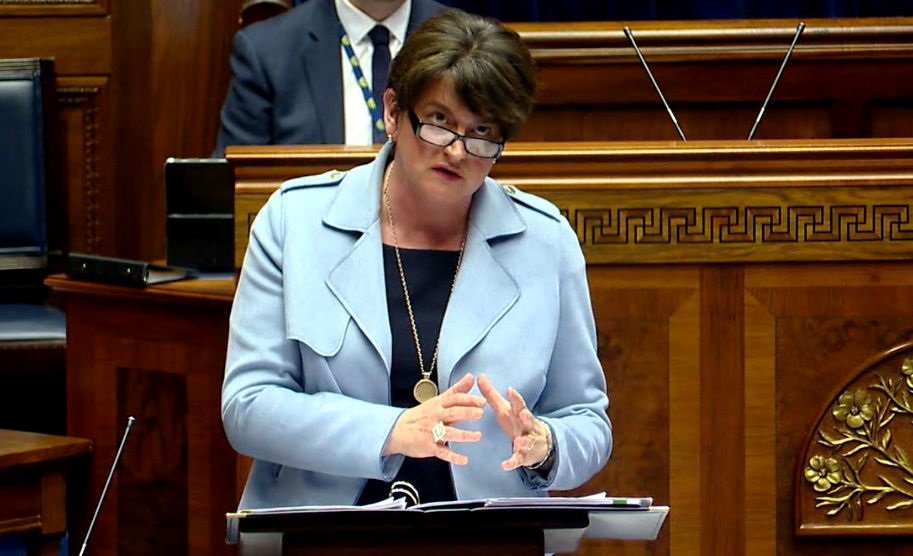
“The accounts of cold and uncaring treatment are truly harrowing and the separation of mothers from their children a terrible legacy.”
Deputy First Minister Michelle O’Neill said the report gave a “sad and troubling” insight into the lived experiences of the thousands of women and girls, and their now adult children, who suffered in these institutions.
“The harsh treatment of these women was cruel, unjust and inhumane.
“As a mummy, my heart breaks for the women and girls who did no wrong, whose rights were ignored and whose children were so cruelly taken from their arms.
“For those children who never knew their mothers, who for too long have been kept in the dark.
“They were failed on every level and we cannot allow them to be failed any longer.”
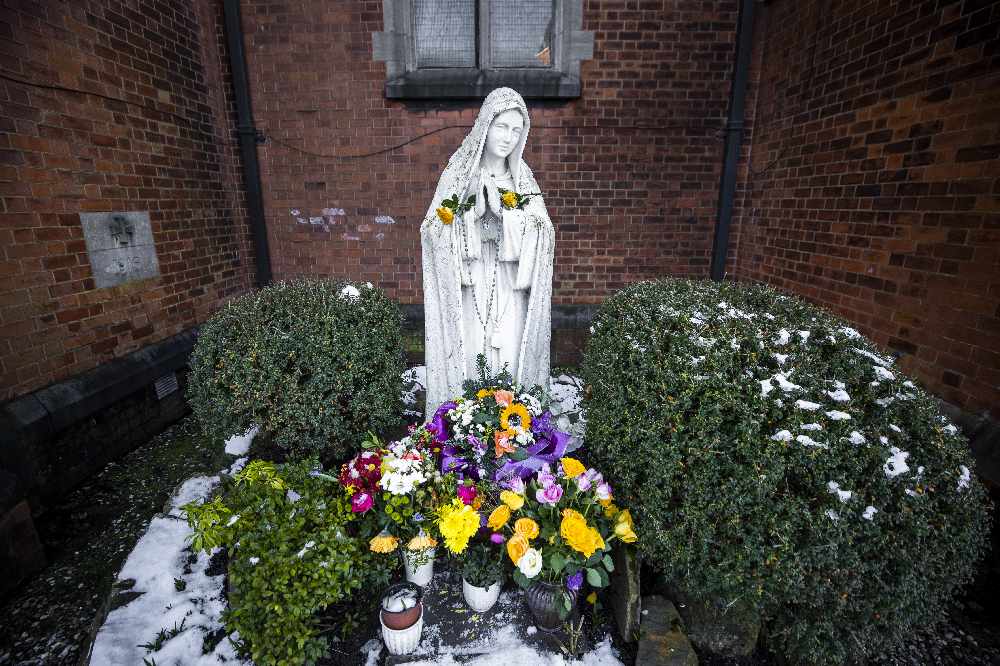
(Pictured:Statue of Our Lay Mary outside the Good Shepherd Catholic Church on the Ormeau Road in Belfast which shared the site with Magdalen Asylum ran by Roman Catholic Good Shepherd Sisters from 1867, with the Laundry closing in 1977.)
Meanwhile,
Women and girls were treated in a “shameful” fashion in mother and baby homes in Northern Ireland, the deputy first minister said.
Michelle O’Neill said it was a “milestone” day with publication of a working group’s review.
She said the testimony of the women and girls leapt out of the pages of the report.
“Today represents a milestone, the first stage in a journey.
“We have a long way to go in terms of supporting survivors.
“What the report highlights in essence is that women were shamefully treated for many years in mother and baby homes and Magdalene laundries.”
As a mother herself, she said, it was heartbreaking.
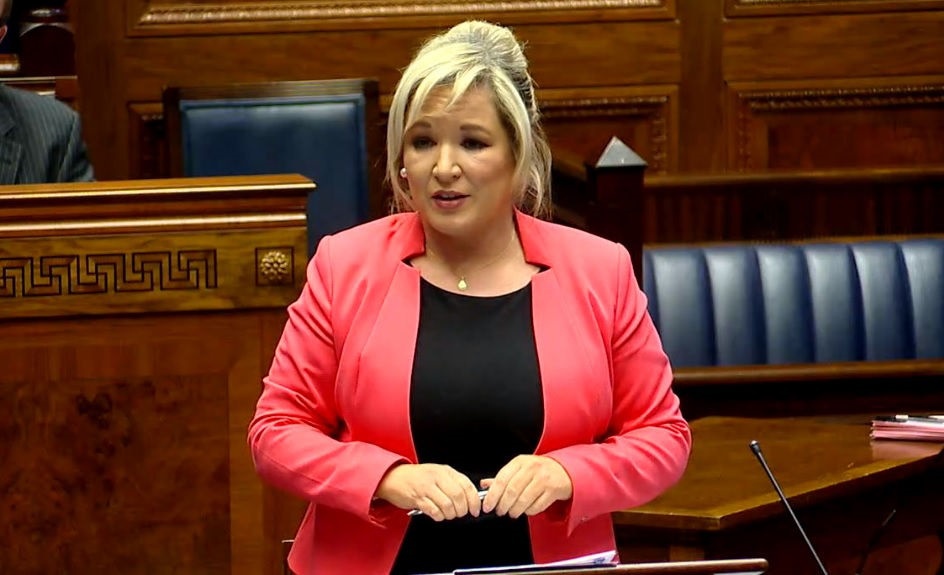
“It is harrowing, it is a terrible indictment on clergy, the church and the State that this is a practice that happened over many decades.”
She said survivors should be at the heart of the future investigation.
She noted that some women were worked to the bone right up until giving birth and were cut off from society.
They were told they should be ashamed “because of what others had done to them”.
She added: “That is unacceptable.”
She said it was an emotional and long-awaited day but added more needed to be done.
The Sinn Fein vice-president said she was open to the idea of a public inquiry if that was what was required, but it was up to survivors to come forward with what needed to happen.


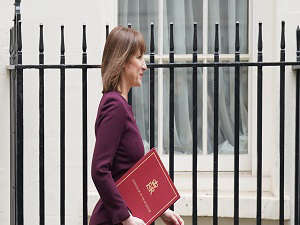 Government choosing weapons over public services – Michelle O’Neill
Government choosing weapons over public services – Michelle O’Neill
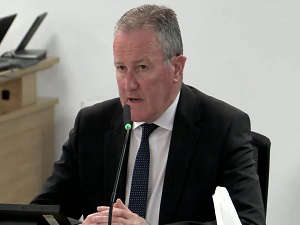 Devolved regions ‘politely entertained but not listened to’ during pandemic
Devolved regions ‘politely entertained but not listened to’ during pandemic
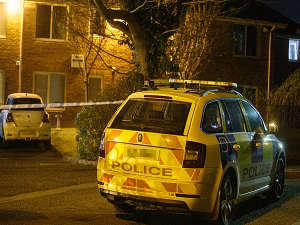 Man dies following fire at fold in Co Down
Man dies following fire at fold in Co Down
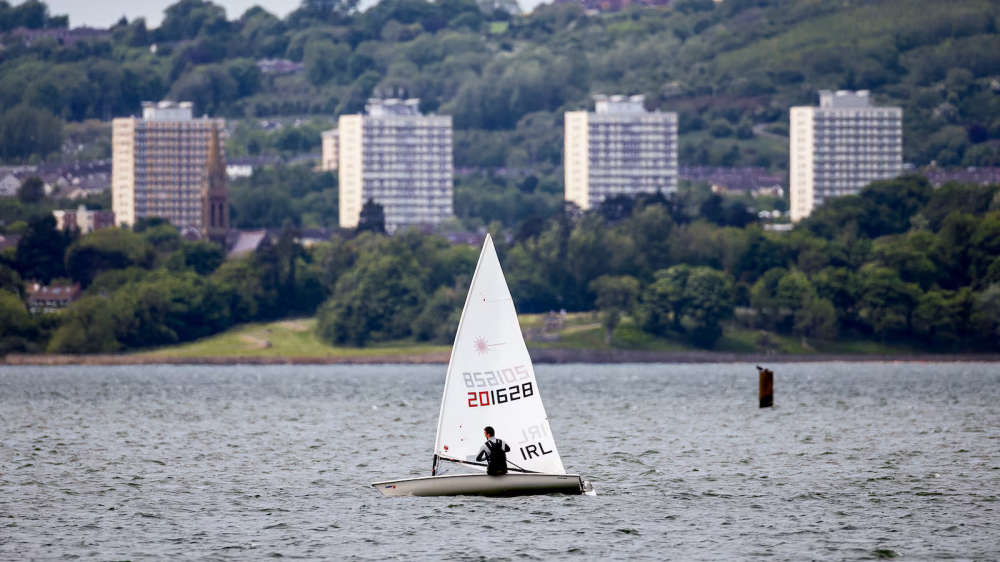 Forensic accountants to examine projected NI Water overspend, Kimmins announces
Forensic accountants to examine projected NI Water overspend, Kimmins announces
 Nine Northern Ireland schools targeted with threatening email thought to be hoax
Nine Northern Ireland schools targeted with threatening email thought to be hoax